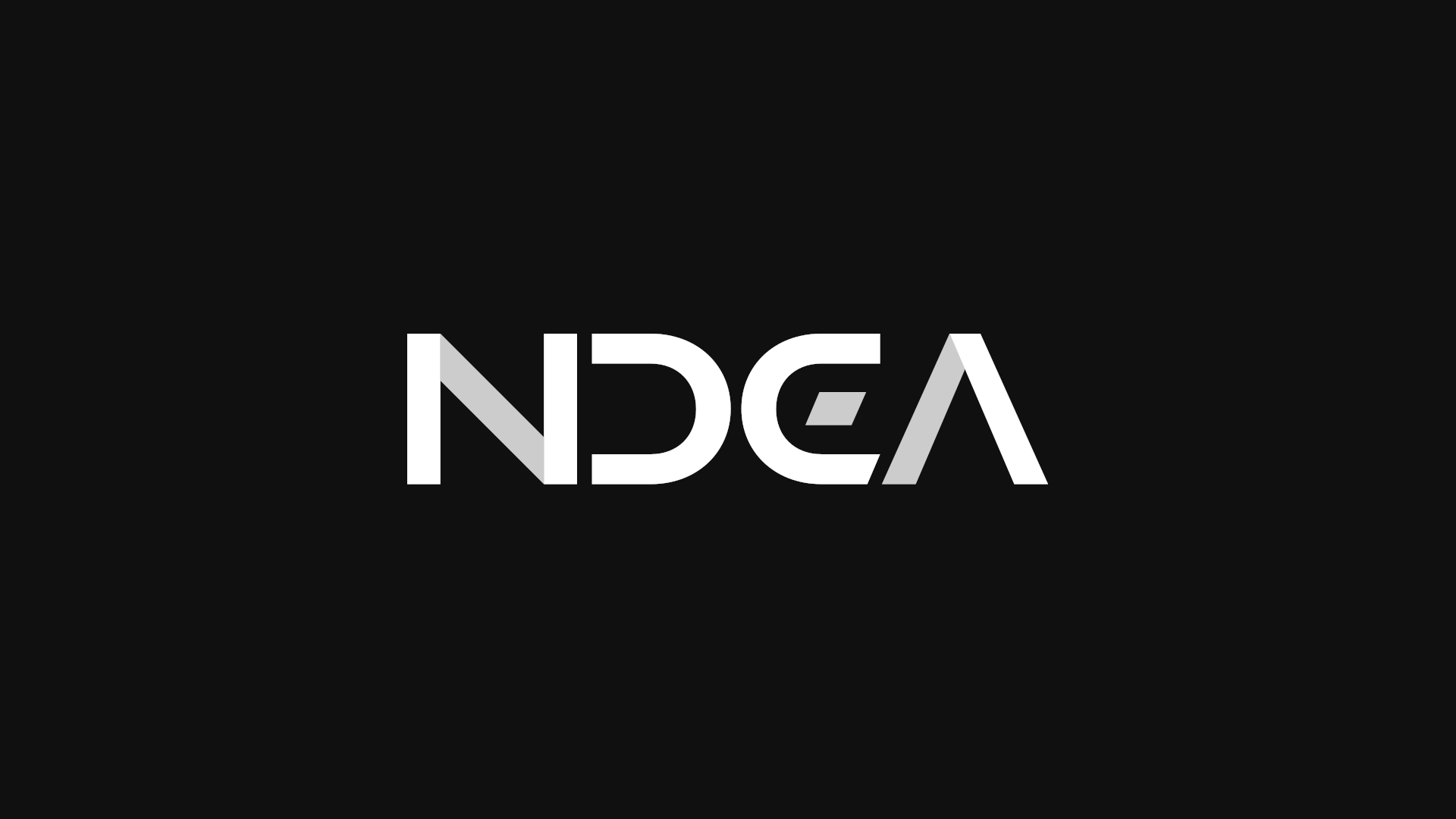Ndea's deep learning-guided program synthesis aims to create AI that learns like humans

After leaving Google, the developer of the Keras AI framework and creator of the ARC benchmark is embarking on a new path to artificial general intelligence with Ndea.
François Chollet, known for creating the AI framework Keras and the ARC benchmark, has recently left Google after ten years and is now launching a new AI lab called Ndea. He's teaming up with Mike Knoop, a co-founder of Zapier and the ARC Prize Foundation who brings extensive experience as an entrepreneur and AI investor. Knoop's investment portfolio already includes several AI companies like Braintrust, Cognition, and After Thought.
Ndea is taking an unconventional path compared to other AI labs. The company plans to combine deep learning with program synthesis - a technique that automatically generates programs to solve problems. According to Chollet, this approach could lead to more advanced artificial intelligence systems.
"We believe we have a small but real chance of achieving a breakthrough -- creating AI that can learn at least as efficiently as people, and that can keep improving over time with no bottlenecks in sight," Chollet explains.
I'm joining forces with @mikeknoop to start Ndea (@ndeainc), a new AI lab.
Our focus: deep learning-guided program synthesis. We're betting on a different path to build AI capable of true invention, adaptation, and innovation. pic.twitter.com/QbjHXVJ9If
- François Chollet (@fchollet) January 15, 2025
The team sees program synthesis as being at a similar stage today as deep learning was in 2012. While most labs view it as just one small piece of the AI puzzle, Ndea believes program synthesis and deep learning are equally crucial. The company's name comes from combining the Greek words "ennoia" (intuitive understanding) and "dianoia" (logical thinking), reflecting their goal of merging these two approaches.
Ndea is to become a "factory for rapid scientific advancement
Ndea aims to accelerate scientific progress through AI. The company plans to build a globally distributed, remote research team to develop and commercialize new ideas. Some of this work will probably build on Chollet's previous projects at Google, including ARC and his paper "On the Measure of Intelligence," which were previously side projects but will now take center stage.
The timing seems right for this approach. OpenAI's new "reasoning" model o3 recently achieved impressive scores on the ARC benchmark - 75.7 percent with standard computing power and 87.5 percent with enhanced resources. While Chollet acknowledges this as an important advancement, he notes that o3 still falls short of true general intelligence, sometimes failing at simple tasks and operating differently from human intelligence.
By setting up Ndea and focusing on program synthesis, Chollet is moving from benchmarking to developing solutions. Ndea's approach of combining deep learning with program synthesis may be the way to do this - recent research shows that it is this combination that achieves the best results in the ARC benchmark.
AI News Without the Hype – Curated by Humans
As a THE DECODER subscriber, you get ad-free reading, our weekly AI newsletter, the exclusive "AI Radar" Frontier Report 6× per year, access to comments, and our complete archive.
Subscribe nowAI news without the hype
Curated by humans.
- Over 20 percent launch discount.
- Read without distractions – no Google ads.
- Access to comments and community discussions.
- Weekly AI newsletter.
- 6 times a year: “AI Radar” – deep dives on key AI topics.
- Up to 25 % off on KI Pro online events.
- Access to our full ten-year archive.
- Get the latest AI news from The Decoder.